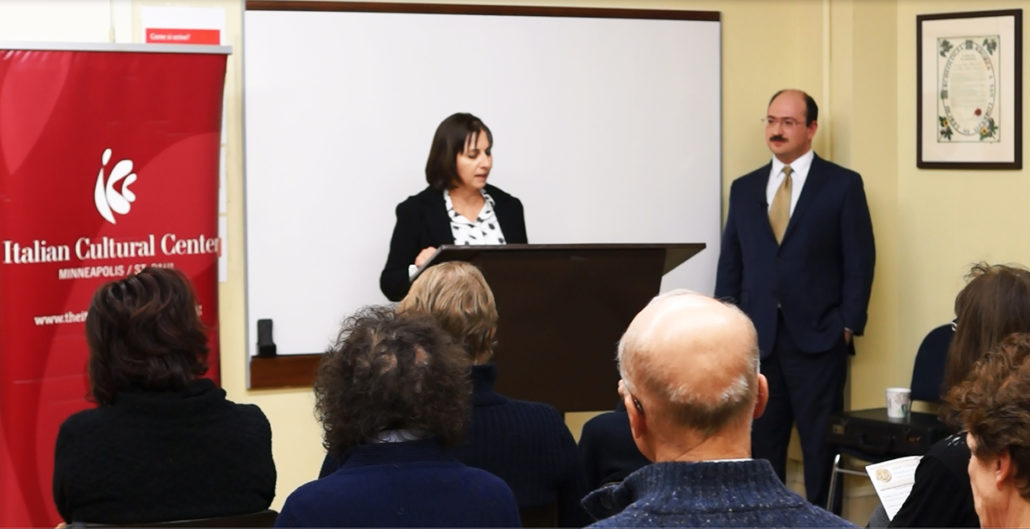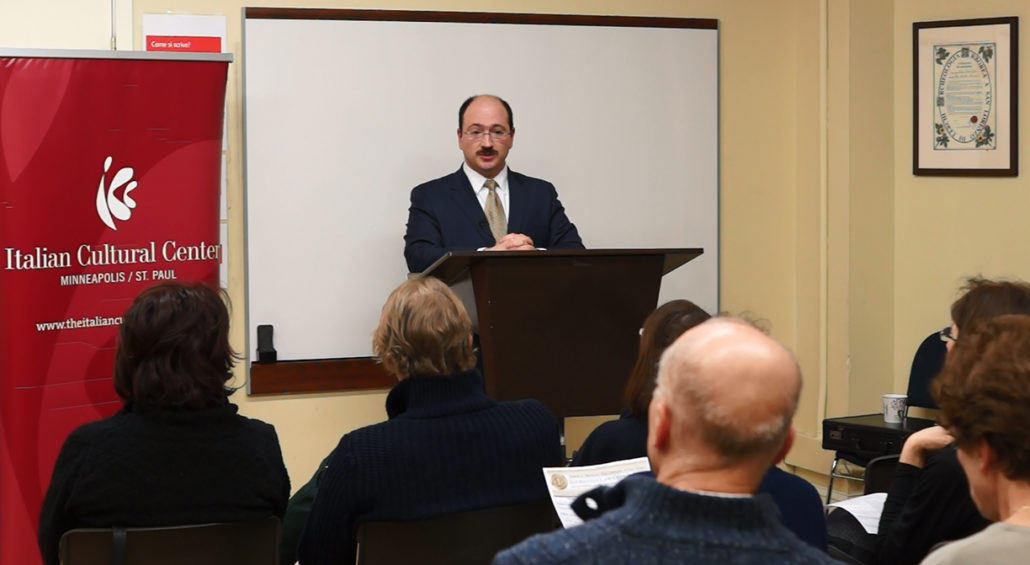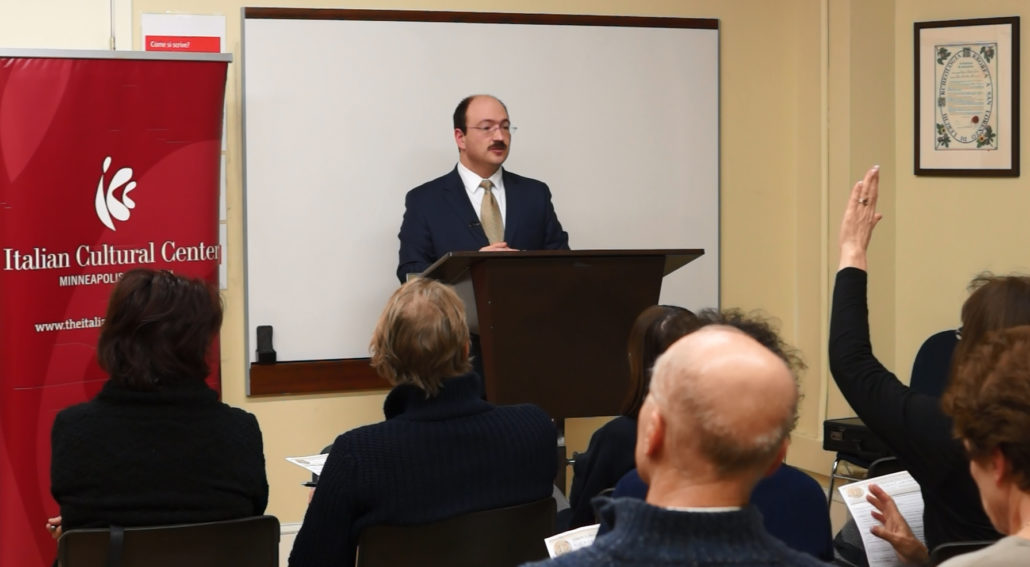Establishing Cost-Basis in Foreign Real Estate | IRS Audit Tax Lawyer & Attorney
One of the most challenging issues during an IRS audit is establishing cost-basis in foreign real estate. This issue most frequently comes up in the context of real estate that was obtained through inheritance or gift many years ago. In this article, based on my IRS audit experiences, I would like to discuss the main challenges and case strategies associated with establishing the cost-basis in foreign real estate in a manner that would satisfy the IRS during an audit.
An important note: I will not be discussing this issue in the context of an IRS audit of an offshore voluntary disclosure and how it would affect the calculation of an Offshore Penalty. This essay is strictly limited to an IRS audit that involves US international tax issues without the taxpayer ever going through a voluntary disclosure.
Another important note: this article is written more for the benefit of other international tax lawyers, not the general public.
Establishing Cost-Basis in Foreign Real Estate: Importance
Before we discuss the problems associated with establishing the cost-basis in foreign real estate, we need to first understand why this issue is so important. There are three main consequences to establishing cost-basis in the context of an IRS audit.
First, the income tax impact of failure to establish cost-basis in a foreign property on the audited taxpayer may be truly disastrous. Obviously, if you cannot prove any cost-basis in a property (or you can only convince the IRS that there was minimal cost-basis), you will have to recognize all proceeds from the sale of this property as capital gains (or potentially subpart F income if you owned a property though a foreign corporation).
Second, there is a very important psychological impact on the entire audit if you have a large unreported gain from sale of foreign real estate. The IRS agent in charge of an audit is likely to take a more aggressive position not only on this issue, but also on other issues irrespective of whether they are directly related to unreported gain. The most frequent victims of this hardened attitude of an IRS agent are the legal arguments in support of a reasonable cause.
Finally, a large gain from a sale of foreign real estate is likely to encourage the IRS to dig deeper and even expand the audit to more years. In one of my audit cases, an IRS agent initially believed that there was a large capital gain and expanded the audit to five prior years; however, he reversed this decision once I was able to show that the sold real property had a much higher cost-basis due to numerous improvements that were made by my client over a number of years.
In other words, establishing cost-basis in a sold real estate property may be one of the most crucial issues in an IRS audit.
Establishing Cost-Basis in Foreign Real Estate: Top 3 Challenges
The challenges to establishing cost-basis in foreign real estate are highly dependent on the facts of the case. However, there are three main themes that usually appear in one form or another in every IRS audit case.
The first challenge is absence of documentation. This is by far the most common and most important battleground between the IRS and the taxpayer during the vast majority of IRS audits in this area, especially if the direct documentation is absent due to passage of time.
The second challenge is the potential opposition from the IRS to proving cost-basis indirectly through usage of circumstantial evidence and third-parties.
The third challenge is establishing the credibility of evidence. For example, in one of my cases, the IRS initially refused to accept a valuation report prepared by a local professional valuation expert because the report lacked a proper explanation of how he arrived at the proposed values.
Establishing Cost-Basis in Foreign Real Estate: Top 4 Strategies for Overcoming Challenges
There are numerous strategies to deal with the cost-basis establishment challenges. Your choice among them should depend on the facts and circumstances of your case. Sometimes, you will even come up with a brand-new strategy tailored specifically to the unique challenges of your case.
Nevertheless, there are four common themes to the strategies used in overcoming the aforementioned challenges. First, you need to recreate the logical history of the property and capital improvements to the property in order to convince the IRS that the valuation your client supplied is logical and reasonable.
Second, demonstrate to the IRS agent in charge of your client’s audit that you are a reliable source of information. The more objective you appear (and you actually are), the more the IRS sees that you will not allow false facts or statements to enter the record, the more the IRS sees that your client shares both of these traits, the more likely the IRS agent will accept your position or be willing to achieve a compromise with you (see below).
Third, utilize indirect and circumstantial evidence as well as third-party affidavits/testimony to support the valuation of the property. In other words, if you have no ability to directly establish the cost-basis of a property, then you need to find creative ways to build the necessary records and establish their credibility through usage of supporting documents and/or testimony.
For example, in one of my previous audits, the client had no documentation whatsoever except one isolated receipt to prove the substantial improvements made to her foreign real estate over the past almost forty (!) years. My solution to this problem was to first get an affidavit from my client fully stating all improvements made with approximate cost based purely on her memory. Then, I obtained additional signed statements from neighbors largely supporting the estimates as well as the fact that these improvements were indeed made. Finally, I obtained a statement from a local construction company owner who stated that he recalled these improvements and confirmed the estimated amounts. Additionally, all of the improvements were properly explained by the history of how the property was obtained, for what purpose and why so many improvements were needed. All of these facts and circumstances were explained in a letter to the IRS agent together with the legal basis (i.e., case law) showing how courts have accepted similar evidence in the past. Under the weight of this substantial record (and some other circumstances of this case), the IRS finally agreed to accept all improvements as part of an overall compromise.
Finally, use creative legal strategies to convince the IRS to accept a different cost-basis in a property through operation of tax rules. This is a very complex strategy, but it is more commonly employed than one may believe. For example, in one of my prior audit cases, the IRS agreed to disregard the foreign corporation that owned the foreign property allowing the stepped-up basis for this inherited property.
Contact Sherayzen Law office for Professional Help with IRS Audits Involving Foreign Real Estate
If you have foreign assets and you are audited by the IRS, contact Sherayzen Law Office for professional help. We have helped hundreds of US taxpayers around the world to bring their tax affairs in full compliance with US tax laws, including during IRS audits. We can help you!
Contact Us Today to Schedule a Confidential Consultation!





